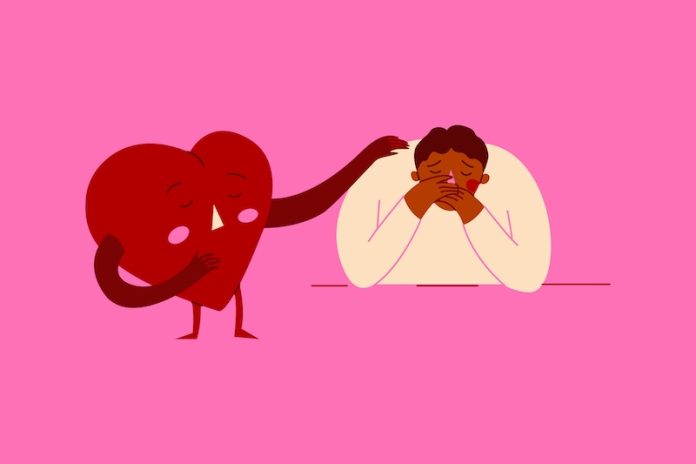
Depression is a serious mental health condition that affects millions of people worldwide, but its impact goes beyond feelings of sadness or hopelessness.
Scientists have found a strong connection between depression and the risk of developing long-term health problems, often referred to as chronic diseases.
These include conditions like heart disease, diabetes, and even some types of cancer. Let’s explore how depression might increase the risk of chronic illnesses and why this connection matters for everyone.
For years, researchers have studied how mental health and physical health influence each other. Depression doesn’t just affect the brain; it can lead to changes in the body that may contribute to the development of chronic diseases.
One explanation involves stress. When someone is depressed, their body often stays in a state of heightened stress. This triggers the release of stress hormones like cortisol.
While cortisol is helpful in small bursts, long-term exposure can damage the body by raising blood pressure, disrupting blood sugar levels, and weakening the immune system.
Studies have shown that people with depression are more likely to develop heart disease. For example, a study published in The Lancet found that depression increases the risk of heart disease by 64%.
Researchers believe this might happen because depression can cause unhealthy behaviors, such as smoking, overeating, or avoiding exercise, which are all linked to heart problems.
But even when these behaviors are controlled for, depression itself still seems to be a risk factor. This suggests that biological changes caused by depression, like inflammation in the body, play a major role.
The link between depression and diabetes is also well-documented. People with depression are at a higher risk of developing Type 2 diabetes, which is the most common form of the condition.
Depression may interfere with how the body processes sugar, making it harder for the body to use insulin properly. On top of that, people with depression may struggle to maintain healthy routines, like eating balanced meals or staying active, which further increases their risk.
Interestingly, the connection between depression and chronic disease seems to work both ways. Having a chronic illness can also increase the likelihood of becoming depressed. This makes sense because living with a long-term health condition can be exhausting and isolating.
For instance, people with diabetes are twice as likely to develop depression compared to those without it. Managing medications, doctor visits, and daily restrictions can take a toll on mental health, creating a vicious cycle where physical and mental health problems feed into each other.
One key piece of evidence about this link comes from studies on inflammation. Inflammation is the body’s natural response to injury or infection, but chronic inflammation is harmful and has been linked to conditions like arthritis, cancer, and heart disease.
Researchers have found that people with depression often have higher levels of inflammation in their bodies, even if they don’t have any obvious physical illnesses. This inflammation might explain why depression increases the risk of so many different chronic diseases.
Understanding this connection is important because it highlights the need to treat mental and physical health together. Too often, depression is overlooked when doctors focus on physical symptoms.
But treating depression might actually lower the risk of developing chronic diseases or make it easier to manage conditions that a person already has.
Therapies like counseling, antidepressant medications, and lifestyle changes, such as improving diet and exercise, can improve both mental and physical health.
In summary, depression is more than just an emotional struggle—it can affect the entire body and increase the risk of serious health problems.
By paying attention to mental health and addressing it early, people may reduce their chances of facing long-term physical illnesses. This research reminds us that taking care of our minds is just as important as taking care of our bodies.
If you care about health, please read studies that scientists find a core feature of depression and this metal in the brain strongly linked to depression.
For more information about health, please see recent studies about drug for mental health that may harm the brain, and results showing this therapy more effective than ketamine in treating severe depression.
Copyright © 2024 Knowridge Science Report. All rights reserved.



